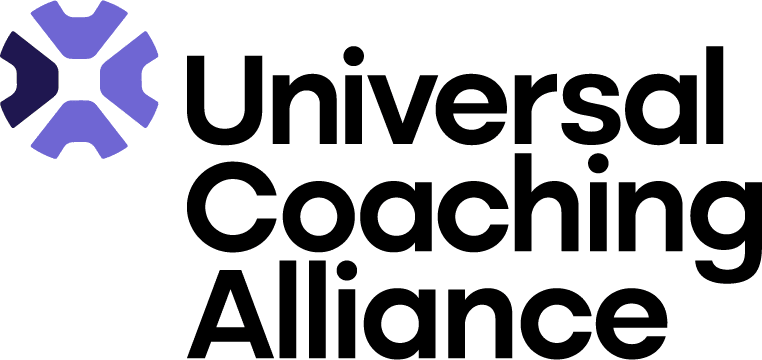Insights from Michael Unger
Introduction
Resilience is a trait that enables individuals to navigate challenges, setbacks, and adversity with strength and adaptability. One key aspect of fostering resilience is the power of networking – the ability to build meaningful connections and draw upon a diverse support system. In this blog, we delve into the concept of resilience, the importance of networking, and the valuable insights of renowned resilience researcher and author, Michael Unger.
Resilience is not merely bouncing back from adversity; it’s about bouncing forward, growing, and thriving despite life’s difficulties. Resilient individuals possess a set of skills and attitudes that allow them to face challenges head-on, learn from experiences, and adapt to change. Michael Unger, a leading expert in resilience, emphasizes the role of social connections in this process.
Networking is a potent tool for building resilience. Cultivating a network of diverse individuals provides a support system that can offer different perspectives, resources, and encouragement during tough times. Whether personally or professionally, a strong network can be a source of inspiration and motivation.
Michael Unger’s research highlights the significance of supportive relationships in enhancing resilience. By fostering connections within communities, individuals can create a safety net that helps them navigate difficulties more effectively. Networks provide not only emotional support but also practical assistance, enhancing an individual’s ability to overcome challenges.
Michael Unger, a psychologist and family therapist, has extensively studied resilience, particularly in the context of children and families. His research emphasizes the importance of focusing on individuals’ strengths, acknowledging cultural contexts, and fostering a sense of belonging.
He stresses an ‘inter-personal’ value of resilience, rather than an ‘intra-personal’ model. The essence of his work is that our resilience is highly dependent on our networks and how we use them or access them
Unger’s work underscores the idea that resilience is not a solitary journey. Instead, it thrives within the context of relationships and community. His research offers practical strategies for building resilience, including the promotion of social cohesion, empowerment, and the recognition of individual capabilities.
Networking Strategies for Resilience
- Diversify Your Network: Surround yourself with people from different backgrounds, industries, and perspectives. This diversity can offer varied insights and solutions.
- Build Meaningful Connections: Foster authentic relationships based on trust and mutual support. Meaningful connections are more likely to withstand the tests of adversity.
- Seek Mentorship: Engage with mentors who can provide guidance and share their experiences. Learning from others’ resilience can inspire and inform your own journey.
- Contribute to Your Network: Actively contribute to your network by offering support, advice, and collaboration. A reciprocal relationship strengthens the overall resilience of the group.
Michael Unger ‘Change your World – The Science of Resilience’
Next Steps:
Events:
Review the Events Programme to find events relating to this theme
Attend the Building Resilience Through Networks event on 19th September 14:00 UK OR 12th November 14:00 UK – Link to follow once the event is live
Resources:
Book Michael Unger – Change your World – The Science of Resilience
Self-Development:
Learning Log – Complete the learning log, identifying your learning from reading this article.
